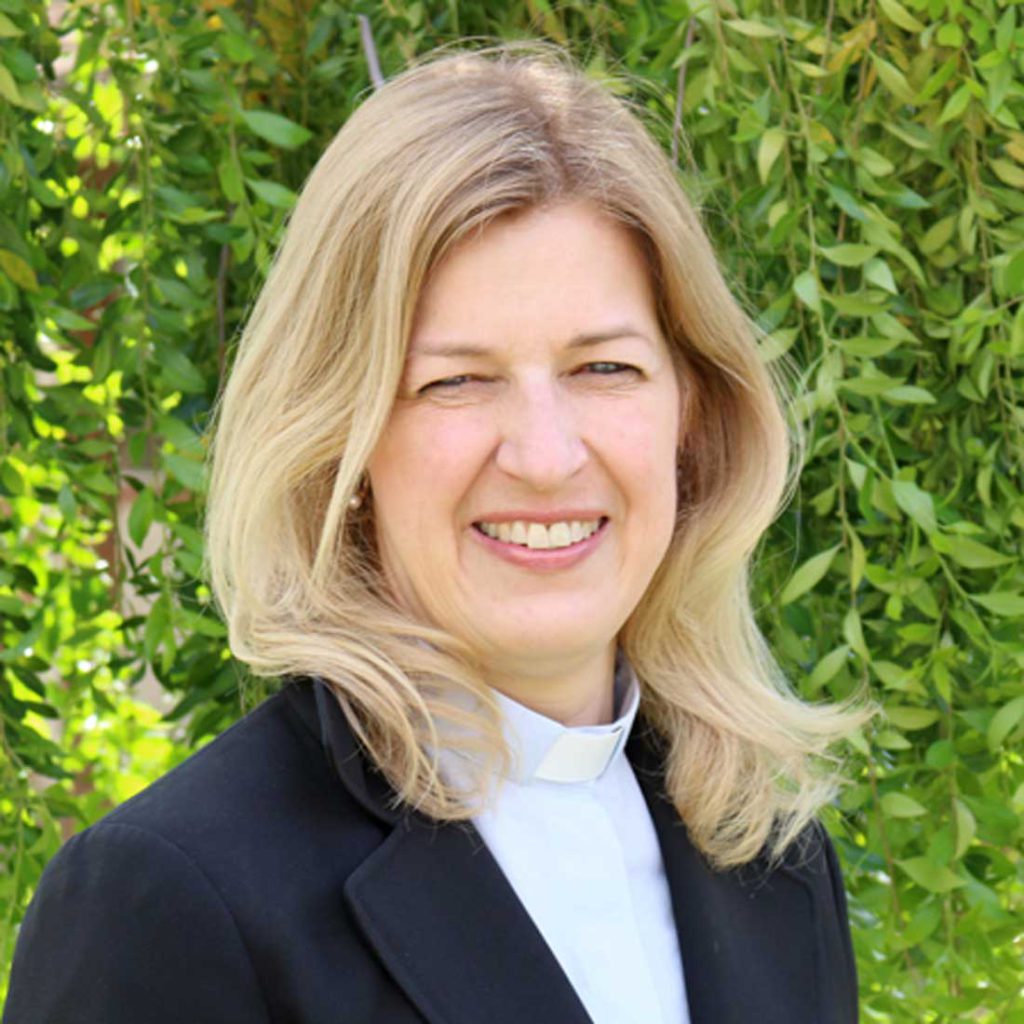In these years that have included a worldwide pandemic, escalating climate change, political turmoil, escalating violence and a changing religious landscape, many feel like the days of predictability and stability are behind us. What does it mean to live in faith—after certainty?
In recent months, one of the Bible study groups in my church took up a study of this question, based on writing by the Rev. Megan Johnston Aelabouni.

For some, times of uncertainty feel like a spiritual problem to solve, rather than a spiritual opportunity to embrace. The Bible’s stories, however, illustrate how God’s people have often lived in deep uncertainty. The stories and prayers of these scriptures encourage us to take up life as it is now and awaken to the movements of the Spirit in the world.
We suggest three habits of heart and mind and self that cultivate faithful living—after certainty.
First, curiosity. In the scriptures of the ancient Hebrews, God regularly asked questions of humans. Many faith traditions include questions. Jesus evoked and cultivated curiosity among people wherever he went: according to the gospels, people around him often asked, “What is this?”
We can work with questions in ways that leave some openness, and be curious about the world, other people and God, as a positive spiritual practice.
As an alternative to certainty, curiosity invites us to ask: What is the need that certainty is trying to fill? In the face of the unknown, what is the deepest longing of our hearts: To be right, or to be enough? Is it to be certain of the facts, or certain of ourselves—our belonging, our place in the world?
What if our desire to know fully is (as St. Paul suggests) really our desire to be fully known, and to be loved for the fullness of who we are?
Second, community. Uncertainty can lead us to hole up by ourselves and let internet algorithms deliver content to us that assures us not only that we are right in our points of view, but that others are wrong and that they are enemies of all that is good. Instead, seeking out and listening—really listening—to others, especially in person, can cultivate bonds of relationship and new awareness.
We may be disturbed or comforted, challenged or elated by what we hear. Wisdom is found in the whole, and each of us can both teach and learn from others—and we need to do so daily, particularly after certainty.
Third, compassion. At the heart of most faiths is love of God and love for neighbor. Valuing life means that we hold our neighbors—all our neighbors—in compassion. An idealized community is, in the words of Dietrich Bonhoeffer, a “human wish dream”—one that must be shattered by “disillusionment with others, … and, if we are fortunate, with ourselves” (Life Together, 1939).
From a place of humility we can meet others in the spirit of knowing we all live with challenges, discomforts and illusions, and knowing we all need compassion and grace for our humanity.
Curiosity, community and compassion—after certainty.
Rev. Anita R. Warner (pa*****@*************an.org) serves as Pastor of Advent Lutheran Church in Morgan Hill and is a founding member of the Interfaith Clergy Alliance.








